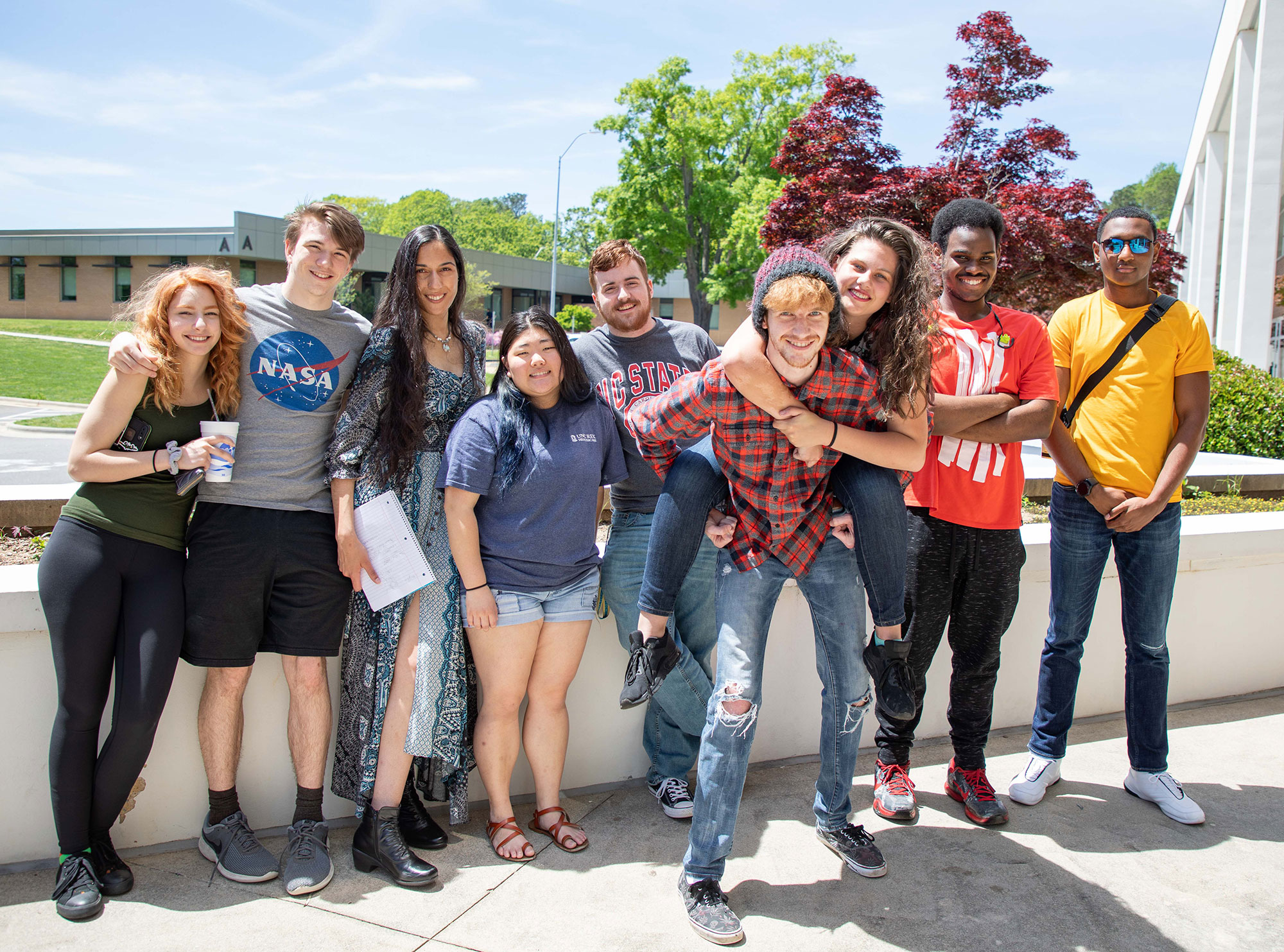With the huge growth in online courses since the start of the COVID-19 pandemic, faculty are increasingly aware that they need to adapt their teaching to the new environment of online instruction. But they may not know how to adapt and, in particular, how to support students’ skills in managing their own learning in online courses.
Scaling evidence-based education technology (edtech) products in the postsecondary market is challenging. Developers need to figure out how to break into classrooms long dominated by commercial publishers – and how to attract funding when investors tend to focus on the much larger and less fragmented K–12 market.
During my first semester at Wake Tech college, I was not well acquainted with resources such as student success coaches, advisors, and tutoring services. However, once I became aware of them and started using them, I discovered how helpful they can be. New college students face a variety of challenges, and one effective way to overcome these hurdles is to seek help.
Being a college student can be hard, especially for first-time students. We tend to think we will have everything together, but we are often wrong. We are starving for the learning we will experience in college, but we don’t quite have all of the study habits or knowledge about how to interact with our instructors that are necessary for us to grow.









